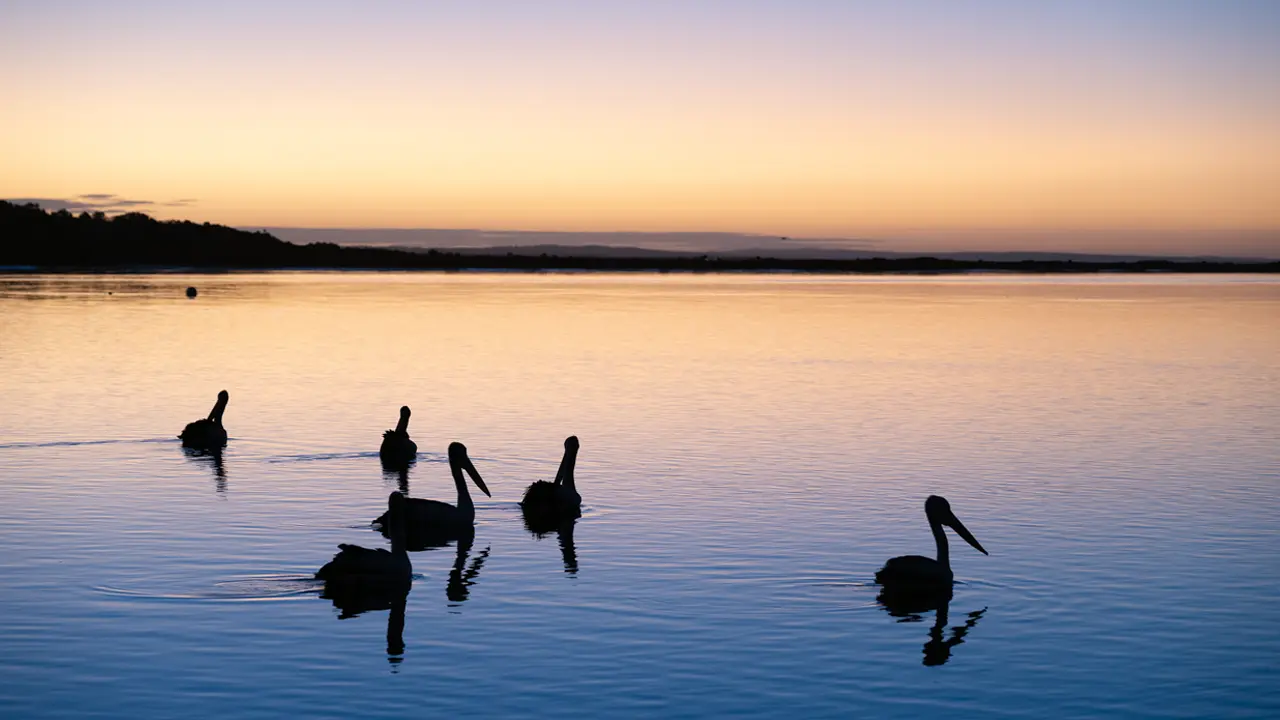Vocal farmers are having their say on the future of water management in the Murray-Darling Basin.
Story By Paul Myers
Due to the uproar caused by the Murray–Darling Basin Authority’s (MDBA) proposed irrigation entitlement cuts of 3000–4000 gigalitres a year, Federal Water Minister Tony Burke has backed away from the authority’s initial guidelines released in early October. Having virtually disclaimed the authority’s recommendations, he is expected to seek engineering and other infrastructure solutions to help reduce water use, with water buybacks just part of the mix. A draft plan is due to be released in 2011, and the final plan to be implemented in early 2012.
Water-delivery efficiencies and evaporation savings will reduce the need for cuts and take the heat out of a highly acrimonious debate that began as soon as the MDBA released its guidelines.
Farmers who attended meetings in large numbers to discuss the water cutback proposals were almost unanimously opposed to what they claimed was a blinkered and one-sided approach by the MDBA. “The plan is ridiculous and has to be altered,” says Swan Hill grapegrower John Ward. “There will be a big drop in production if it goes through, perhaps 50 percent after buyouts. One of the problems has been that when things got dry a lot of sleepers [licence holders who hadn’t been irrigating] began to use water. That’s when things really started to get tight.”
Andy Gorman, whose family property, “Meilman”, is on the Murray River near Euston in south-west New South Wales, is a strong supporter of improving water delivery and storage, instead of the government buying water. “It’s probably okay to sell water if you want to get out of farming, but otherwise there’s no point,” he says.
“Anyone who has money and water could really cream it in the future. There’s no way that we’d want to sell water.”
The Water Minister can, without further legislation, adopt a Murray–Darling water plan under the 2007 Water Act, but Mr Burke has shown he is prepared to listen and negotiate with pro-irrigation interests. Compromise – by at least giving engineering solutions equality with fewer licenses – is not only politically astute but is also pragmatic, because it could take a generation for the government to secure large amounts of water from farmers voluntarily.
This story excerpt is from Issue #74
Outback Magazine: Dec/Jan 2011









